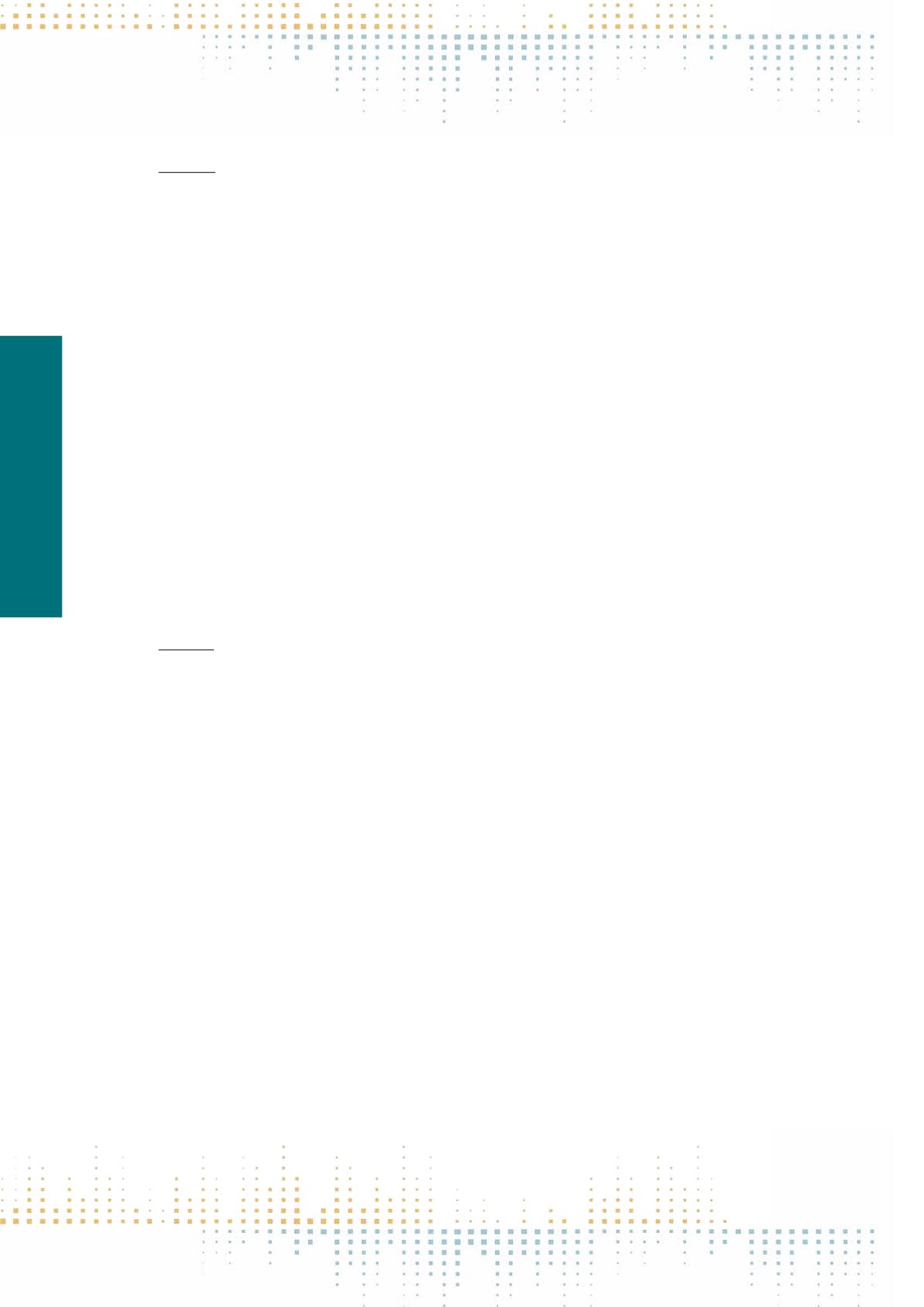

354
Thursday, November 10
0 9 : 0 0 – 1 0 : 3 0
PN 005
Who Wants to Be a Journalist?! Motivations for Studying Journalism Across Countries
A. Stepinska
1
, E. Turdubaeva
2
1
AdamMickiewicz University, Poznan, Poland
2
American University of Central Asia, Bishkek, Kyrgyzstan
While much scholarship has been devoted to journalists and the importance they place on various job characteristics, less is know about journalism stu‑
dents' views. Professional media people, when asked about their motivations they have for doing their job, focus rather on their current situation than their
memories of the early stage of their career. Hence, if one wants to learn more about the reasons behind journalists’ decisions for entering the journalism
profession, more attention should be paid to students' views. While professional education is not a precondition to work as a journalist in many countries,
recent years have seen an increasing number of journalists who hold university degrees. This so called„graduatization”or„academization”of journalism has
additionally attracted growing scholarly scrutiny based on the belief that journalism education molds the perception journalists have of the roles and func‑
tion of the media. This paper provides an overview of journalism students' motivations for undertaking journalism education across countries. In particular,
we examine fields and areas in which journalism students would like to work when they finish their studies and the aspects of journalism that seem to be
appealing to them. In order to achieve that goal, the study addresses three research questions: (1) How many of the journalism students want to pursue
a career as a journalist? (2) In which areas of journalism do they want to specialize? (3) What aspects of journalism motivated them to study the degree
(idealistic, practical, or personal)? It would appear obvious that journalism students actually want to work in the media organizations. Yet, the study shows
that students have diverse career expectations and goals, including getting a job in the business/corporate communication, public relations, or advertising.
Scholarship on journalism is also dominated by a focus on political journalism, but the profession is more multi-faceted today, with particularly the growth
of lifestyle journalism opening up new avenues for employment. Indeed, the study shows that a significant number of students is interested rather in
soft news than hard news journalism. Finally, the findings reveal a diversity of motivations of journalism students for embarking on a tertiary degree.
While some of them are motivated by a public service ideal, others are interested in the non-routine, non-conventional, and sociable nature of journalism.
Personal motives such as status or pay seem to be also important to future journalists. Most of the studies that exist have tended to focus on the views
and backgrounds of journalism students in single-nation studies, with just just two more comprehensive cross-national studies in the last two decades.
Thus, the international comparative context of this study allows for examination of the universals and particulars of journalism students’ motivations. As
such, the variables noted earlier will be compared across institutional and national-level variables to identify the conditions which may lead to students’
preferences when embarking on a journalism degree.
PN 006
Journalism Students’ Role Orientations and the Discursive Constitution of a Profession: A Comparative Analysis
H. Dugmore
1
, T. Hanitzsch
2
1
Rhodes University, Grahamstown, South Africa
2
Ludwig-Maximilians-University Munich, Munich, Germany
How journalists perceive their own roles, and how these perceptions change over time, has come under increasing academic scrutiny as cross-national
comparisons of these perceptions have shown both some continuities and similarities, but also stark differences from country to country.What journalism is
for, and what journalists do, is often conceptualised primarily in terms of ideas about the media’s role in deliberative democracies. The notion of journalists
collectively constituting some kind of‘fourth estate’privileges political journalism as the preeminent form of reporting in many societies. But there is much
more to journalists’roles, even in democracies - via a wide variety of beats, journalists are often also educators, entertainers and advisors; many don’t cover
politics at all. Moreover in many countries in the world, the media is more tightly controlled by the state, or has developed via different traditions, and jour‑
nalists are expected to play, for example, explicitly developmental roles, or participate in‘nation building’and other patriotic or nationalistic projects. Recent
multinational comparisons such as the research done for theWorlds of Journalism Study (Hanitzsch et al., 2011) have shown just how contested these role
expectations and discourses about journalism are, both within countries and between countries. Somewhat less explored have been the role expectations
of journalism students. As part of a discourse of professionalization, journalism education at a tertiary level has grown appreciably across the globe produc‑
ing large numbers of ‘graduate journalists’. But what do these students think or hope they are getting into when they enter a journalism school? What, for
them, is journalism for? And does their education shift their initial role perceptions over the two to four years of intensive socialisation into discursive prac‑
tices of journalismgermane to their particular country? Drawing on the“Journalism Students Across the Globe”study, which has probed journalism students’
views across 30 countries, this paper sketches a cross-national comparative overview of shifts in students’views of journalist roles during the course of their
studies. As the survey was administered to students across each academic year in the respective journalism schools, a complex picture emerges of just how
varied student conceptions of journalism are, and how widely students’ motivations for doing journalism differ from polity to polity (and often, how it
differs between students within some societies, when measured in the survey by proxies for class and gender). Drawing on the most recent theoretical work
regarding the discursive constitution of journalist’s roles, and focusing on contestation and struggle around two distinctive ‘levels’ of these roles, namely
role orientations and role performance, this paper demonstrates how fluid, varied and contested student notions of journalists’roles are across the globe.



















